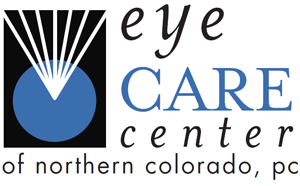Retinal Disorders We Treat
Macular degeneration
Our retinal specialists use the latest diagnostic tools, cameras, and retinal scanners to diagnose and monitor the progression of macular degeneration. They will also custom-tailor treatments for each patient to maximize visual outc
Diabetic retinopathy
Treatment options include eye injections and laser surgery. Our retina specialists will work with you to figure out the best option depending on the severity of your condition.
Retinal detachment
Surgery is almost always used to repair a retinal tear, hole, or detachment. In many cases, retinal detachment can be repaired, ensuring no long-term interruption of vision. Various techniques are available and you’ll work with our surgeons to determine what procedure or combination of procedures is best for you.
Macular pucker
In many cases, people adjust to the mild vision distortion and blurriness, since it does not affect activities of daily life, such as reading and driving. In more severe cases where significant blurring of vision develops, a surgery called a vitrectomy is performed to improve the contour of the macula over time.
Macular hole
Treatment is not always required, as about 20% of macular holes will seal themselves. If treatment is required, vitrectomy surgery is recommended in order to remove the vitreous gel in the back of the eye.
Retinal vein or artery occlusion
Our retina specialists may choose from a variety of treatment options including laser treatments and intravitreal injections.
Retinal tumors
There are various ways to treat eye tumors, depending on the diagnosis, size, and aggressiveness of the tumor. Certain small tumors may respond to laser treatment or freezing (cryosurgery). In some instances, it’s possible to remove a tumor surgically and still preserve vision. The retina specialists at Eye Care Center of Northern Colorado are often part of a multidisciplinary team, as many people with retinal tumors are treated by more than one specialist with more than one type of treatment.
Retina Surgery Videos
Retina Surgery procedures Matthew W Manry, MD
